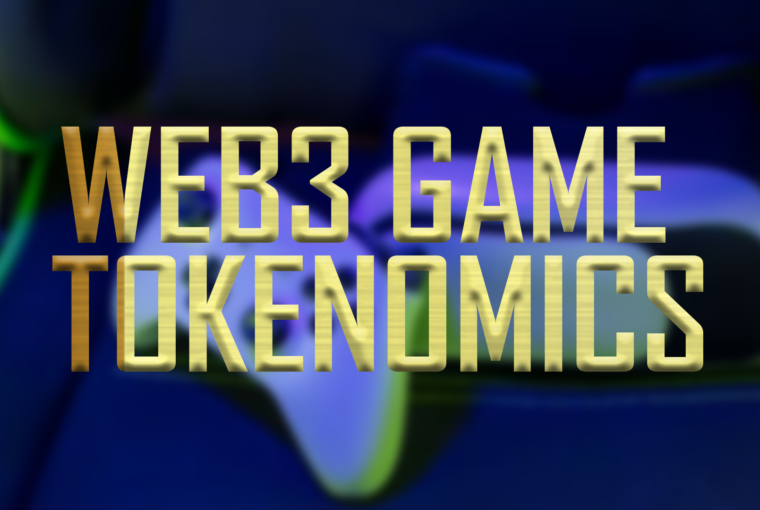- Decentralized finance (DeFi) is a groundbreaking power; however, its prosperity depends on local freedoms.
- The significance of native rights to the long-term viability and expansion of DeFi is the subject of this article.
- Understanding the reason why local freedoms are a non-debatable part of DeFi is fundamental for members and lovers.
Decentralized finance (DeFi) has arisen as a problematic power, rethinking conventional monetary administrations on blockchain stages. While the capability of DeFi is monstrous, its prosperity is inseparable and connected to a central idea: local freedoms. This article digs into the significant role of local privileges inside DeFi and why they are the soul of this groundbreaking environment. For members, engineers, and aficionados, understanding the meaning of local freedoms is central.
The Groundwork Of Local Freedoms
Local freedoms in DeFi encompass the possession and control of resources and administration tokens local to a blockchain or convention. Holders of these rights are given the ability to influence platform direction, decision-making, and protocol enhancements. Without local freedoms, members miss the mark on voice in the biological system.
Administration And Navigation
Administration tokens, addressing local freedoms, empower clients to partake in the administration of DeFi conventions. These tokens present democratic power, permitting token holders to impact convention boundaries, redesigns, and recommendations. Local freedoms enable clients to have an immediate hand in molding the biological system’s development.
Motivators For Interest
Local privileges encourage clients to take part in the DeFi biological system effectively. Token holders are propelled to get and develop their possessions, realizing that their stakes line up with the convention’s prosperity. This drives commitment, liquidity arrangement, and advancement inside the DeFi stages.
DeFi’s Conundrum: Without Local Privileges
The shortfall of local privileges inside a DeFi convention prompts what is happening. While the stage might offer monetary administration and resources, it falls short of the decentralization and client strengthening that characterize DeFi. Without local freedoms, control will in general unify, dissolving the central standards of decentralization and independence.
The Development Of Native Rights In DeFi
This new subheading examines the development of native rights in DeFi over time, including the introduction of new governance mechanisms, tokenomics, and novel methods for users to exercise their rights within the ecosystem. It emphasizes native rights’ ever-changing nature and ongoing significance in shaping the DeFi landscape.
Conclusion
Local freedoms are a key part of DeFi, supporting its decentralization, administration, and client commitment. They enable members to shape the fate of decentralized finance, adjusting their inclinations to the progress of the environment effectively. As the DeFi space keeps on advancing, the significance of local freedoms remains non-debatable.
It is not an exaggeration to assert that ‘DeFi without native rights is dead,’ but rather a reflection of the fundamental principles that have made DeFi a revolutionary force in the financial sector. As they drive innovation, participation, and user empowerment in this dynamic and transformative landscape, native rights must be understood and upheld to ensure their continued growth and success.

